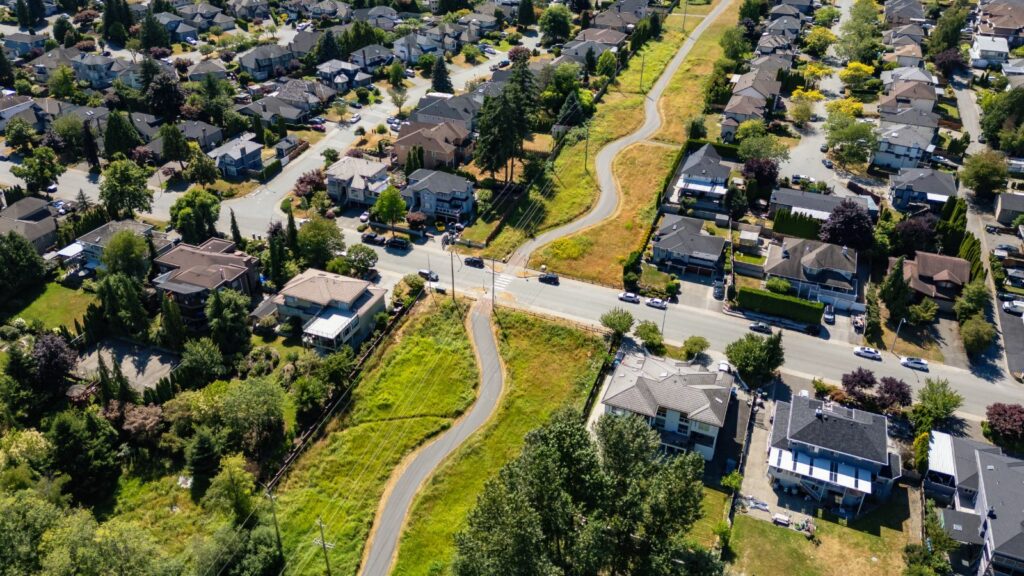Some Canadian cities are quietly outpacing major U.S. metros in areas like tech, healthcare, affordability, and quality of life. These cities are growing faster, building smarter, and offering better conditions for work and living. With strong infrastructure, diverse talent, and supportive local policies, they are attracting global attention. Here are 19 Canadian cities that are now beating major U.S. metros.
Toronto, Ontario

Toronto is proving it can outpace even major U.S. cities in several areas. The city has become a magnet for global tech companies, AI researchers, and clean energy startups. Its multicultural workforce, strong infrastructure, and emphasis on public transit planning make it a leader in urban innovation. Toronto’s housing challenges are being met with new modular developments and smart zoning reforms. Whether it’s sustainability, economic diversity, or startup growth, the city keeps setting new benchmarks.
Vancouver, British Columbia

Vancouver stands out with its climate-first urban planning and thriving green economy. While many U.S. cities are still planning their sustainability goals, Vancouver is already implementing them. From zero-emission transit systems to urban forests and vertical farms, the city is leading by doing. The tech scene here is expanding fast, supported by local talent and global venture capital. Affordable healthcare, safe neighborhoods, and proximity to nature only add to its edge. Vancouver’s policies on clean energy, circular economy, and inclusive growth are helping it outshine its more crowded and less sustainable American counterparts.
Montreal, Quebec

Montreal has quietly turned into a global hub for AI and deep tech. With institutions like MILA and partnerships with giants like Google and Meta, the city is not just competing — it’s excelling. Montreal also leads in arts, culture, and design thinking, blending creativity with innovation. Unlike many U.S. cities facing infrastructure decay, Montreal is investing in public transit, sustainable housing, and smart city systems. Its lower cost of living, multilingual talent pool, and entrepreneurial spirit make it a rising global contender. Montreal proves that a city rooted in history can also shape the future.
Calgary, Alberta

Calgary is moving beyond its oil town image by becoming a rising star in clean technology and energy innovation. The city is investing in green infrastructure, startup accelerators, and advanced research in carbon capture and storage. Calgary’s affordability, educated workforce, and strategic location make it a smart alternative to high-cost U.S. hubs. The downtown revitalization project, including the transformation of office towers into residential units, shows how adaptable the city is. Calgary is blending its energy expertise with sustainability and tech, helping it outperform several traditional American competitors in economic renewal and climate-conscious development.
Ottawa, Ontario
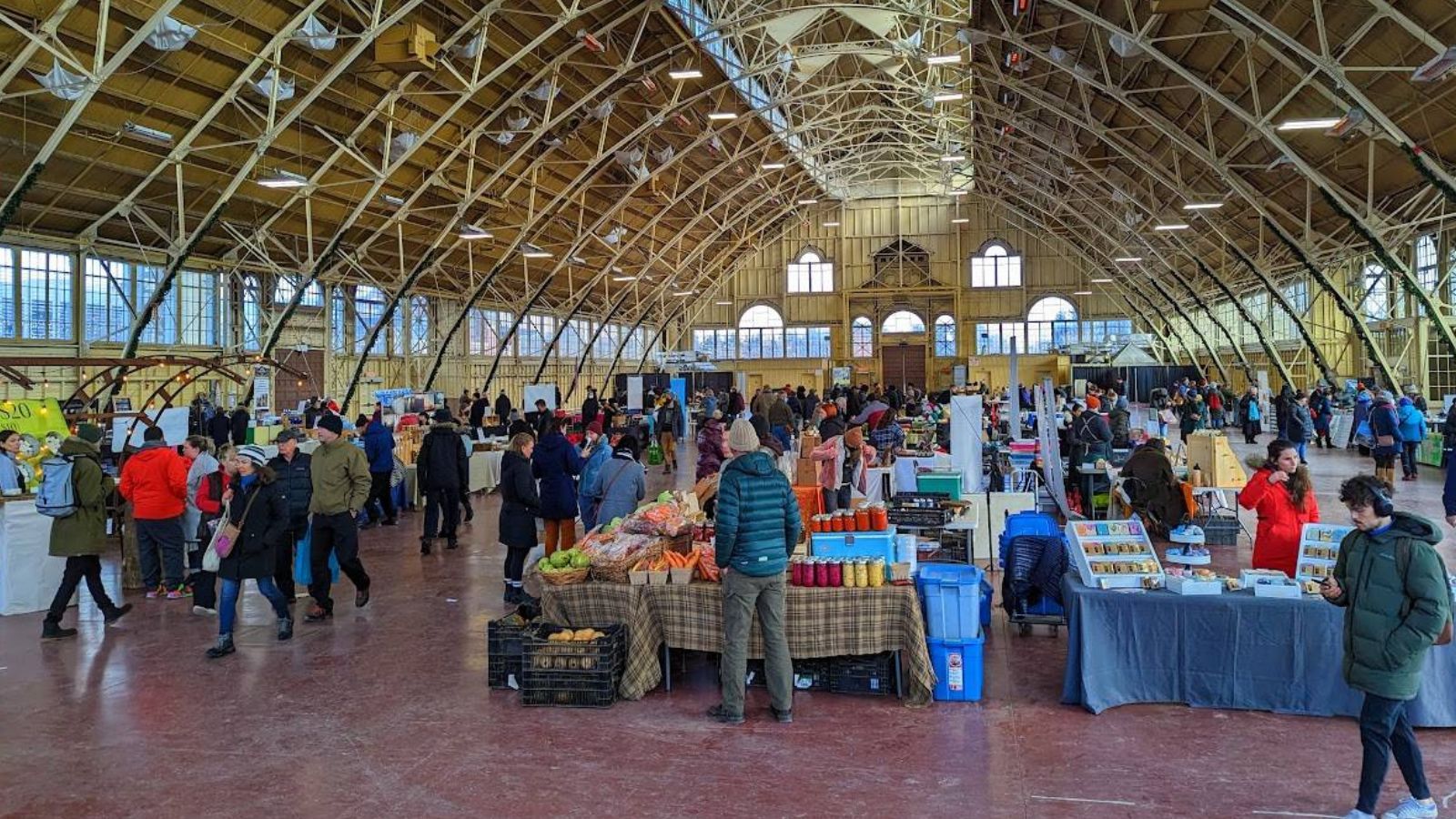
Ottawa may be Canada’s capital, but it is also becoming a tech and cybersecurity powerhouse. Home to companies like Shopify and numerous research centers, Ottawa offers the perfect mix of policy influence and startup agility. The city’s high quality of life, bilingual talent pool, and strong education sector create a stable foundation for long-term growth. Ottawa is modernizing its infrastructure and pushing for smart mobility solutions, including light rail transit and connected city systems.
Edmonton, Alberta
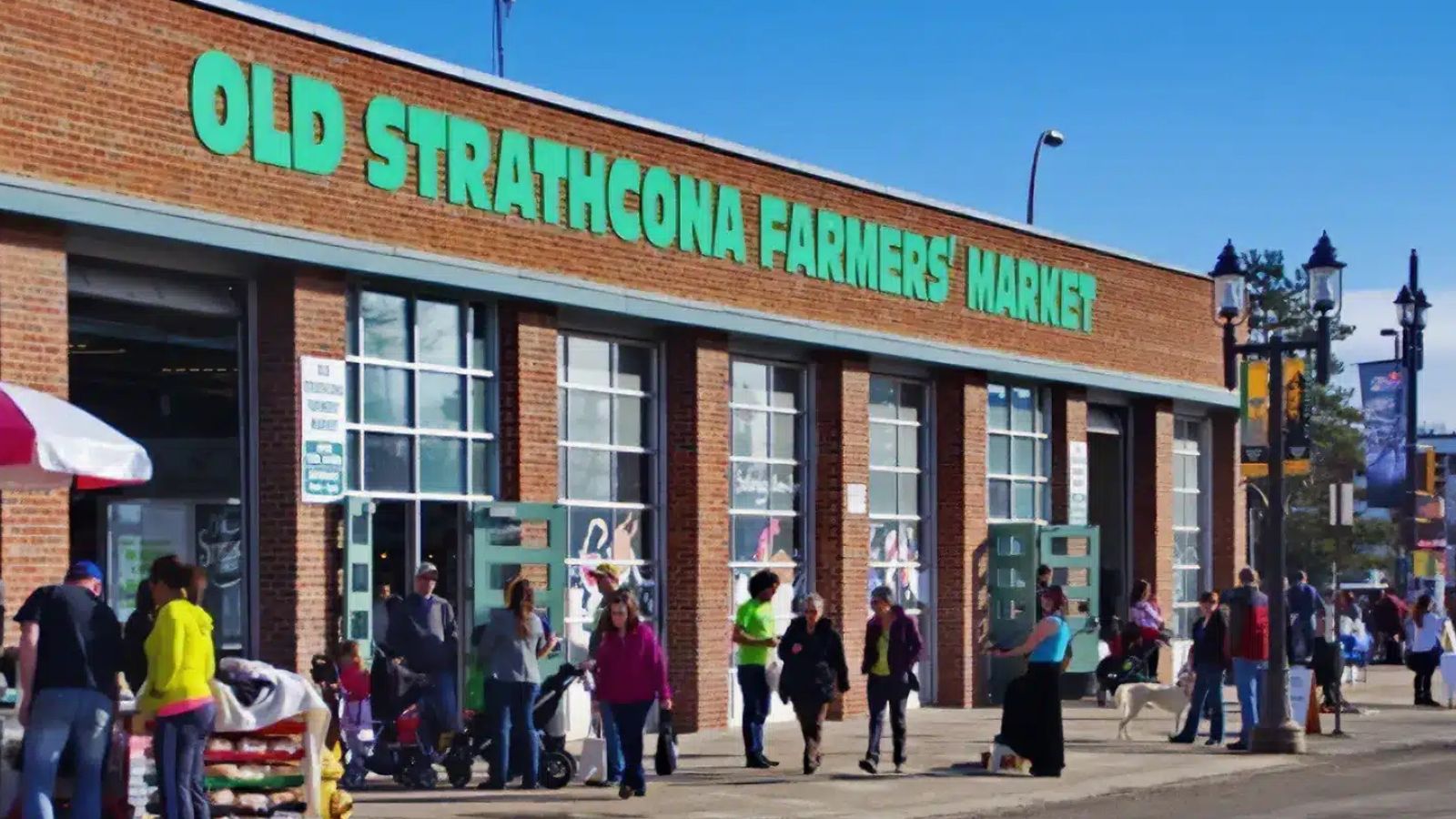
Edmonton is emerging as a bold player in artificial intelligence, machine learning, and healthcare innovation. With institutions like the Alberta Machine Intelligence Institute (Amii) and a growing community of tech startups, the city is shifting from a resource-based economy to one driven by knowledge and technology. Edmonton is also leading in smart city initiatives, climate resilience planning, and inclusive urban development. The city’s approach to accessible public spaces, education, and Indigenous partnership models sets it apart from many U.S. metros.
Mississauga, Ontario
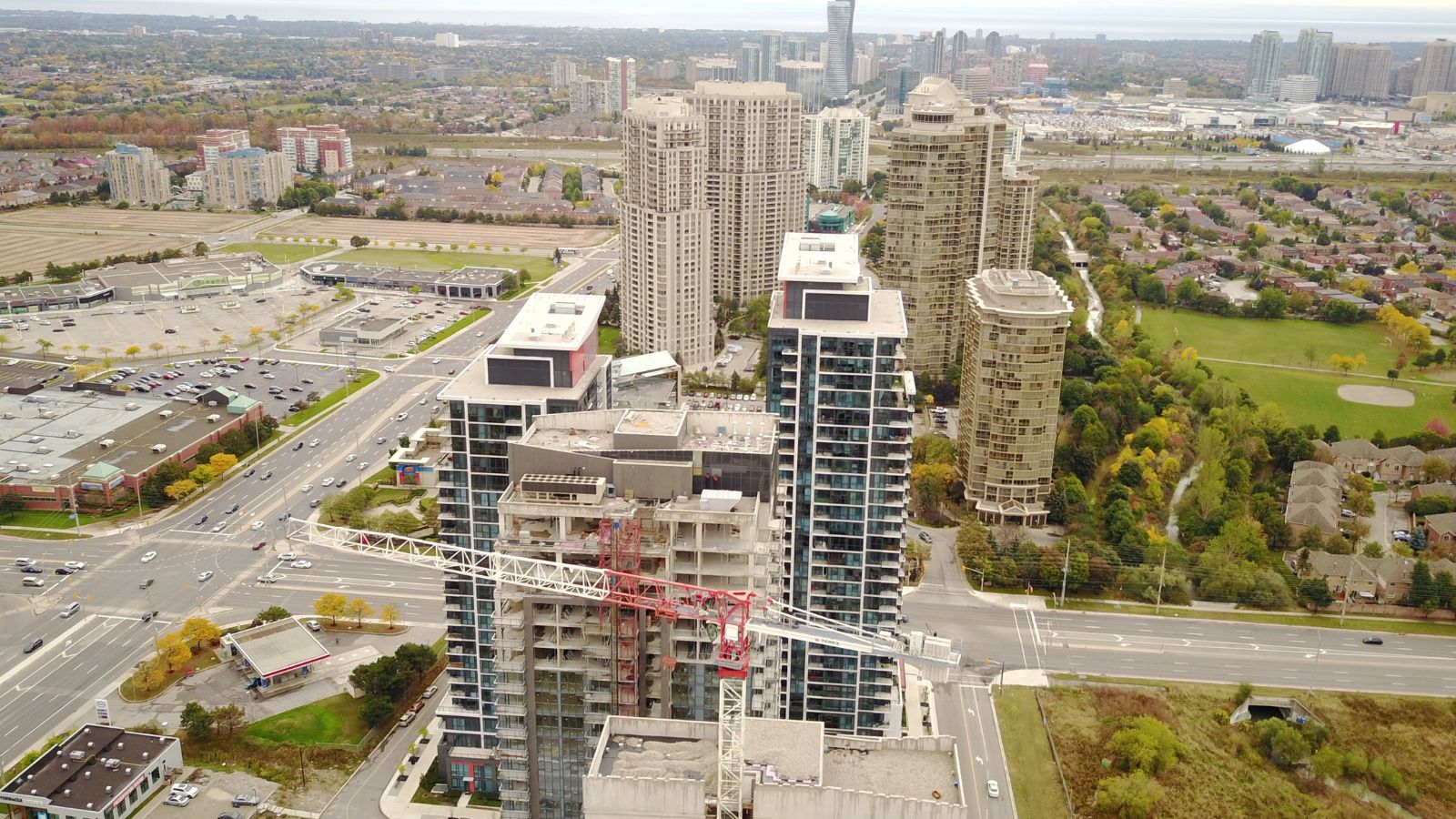
Mississauga is no longer just a suburb of Toronto. It has grown into a self-sustaining economic engine with a strong focus on advanced manufacturing, life sciences, and fintech. The city is home to hundreds of global headquarters, supported by a diverse and skilled workforce. With a strategic location near Pearson International Airport and ongoing smart city initiatives, Mississauga is attracting both talent and capital. Its investments in public transit, innovation hubs, and green development are helping it outpace many American cities in sustainable urban planning and economic resilience.
Winnipeg, Manitoba

Winnipeg is gaining recognition for its strong performance in aerospace, agribusiness, and logistics. The city offers a cost-effective environment for startups and established companies alike. It has also built a strong foundation in research and innovation through institutions like the National Microbiology Laboratory. Winnipeg’s cultural vibrancy and tight-knit community create an environment that supports creative industries and talent retention. With less congestion, lower living costs, and a growing startup culture, Winnipeg is quietly positioning itself as a North American hub with global potential.
Halifax, Nova Scotia
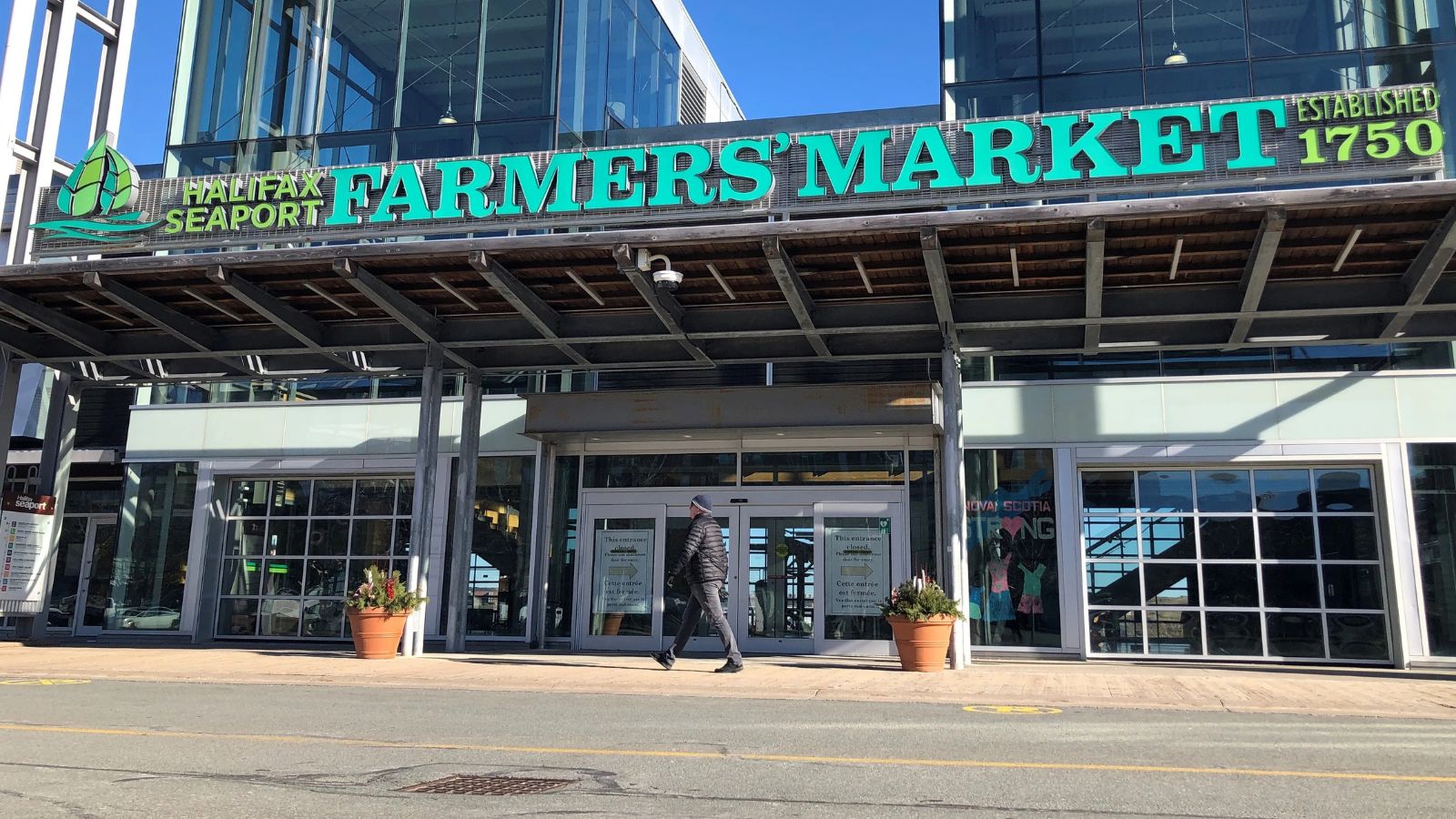
Halifax is redefining coastal living by combining economic growth with digital innovation and ocean research. The city is home to Canada’s Ocean Supercluster and is making significant strides in marine tech, cybersecurity, and clean energy. Its universities fuel a steady stream of talent, and its downtown is evolving with tech startups, cultural spaces, and urban renewal projects. Halifax’s access to global shipping routes and increasing international interest give it a competitive edge over many traditional U.S. port cities.
Hamilton, Ontario

Hamilton has transformed from a traditional steel town into a dynamic center for healthcare, education, and advanced manufacturing. With McMaster University leading in research and innovation, the city is attracting startups and tech companies seeking affordable space and skilled talent. Hamilton’s waterfront revitalization and infrastructure investments are driving urban growth while maintaining a high quality of life. Its diversified economy and strategic location near Toronto make it more competitive than many U.S. cities struggling with industrial decline.
Victoria, British Columbia

Victoria is making waves with its green economy, digital innovation, and high quality of life. The city has become a magnet for remote workers, tech entrepreneurs, and sustainability-driven businesses. With strong support for clean tech and marine research, Victoria is moving beyond tourism into knowledge-based industries. Its compact design, walkable neighborhoods, and focus on climate action make it more future-ready than many larger U.S. cities.
Kitchener, Ontario
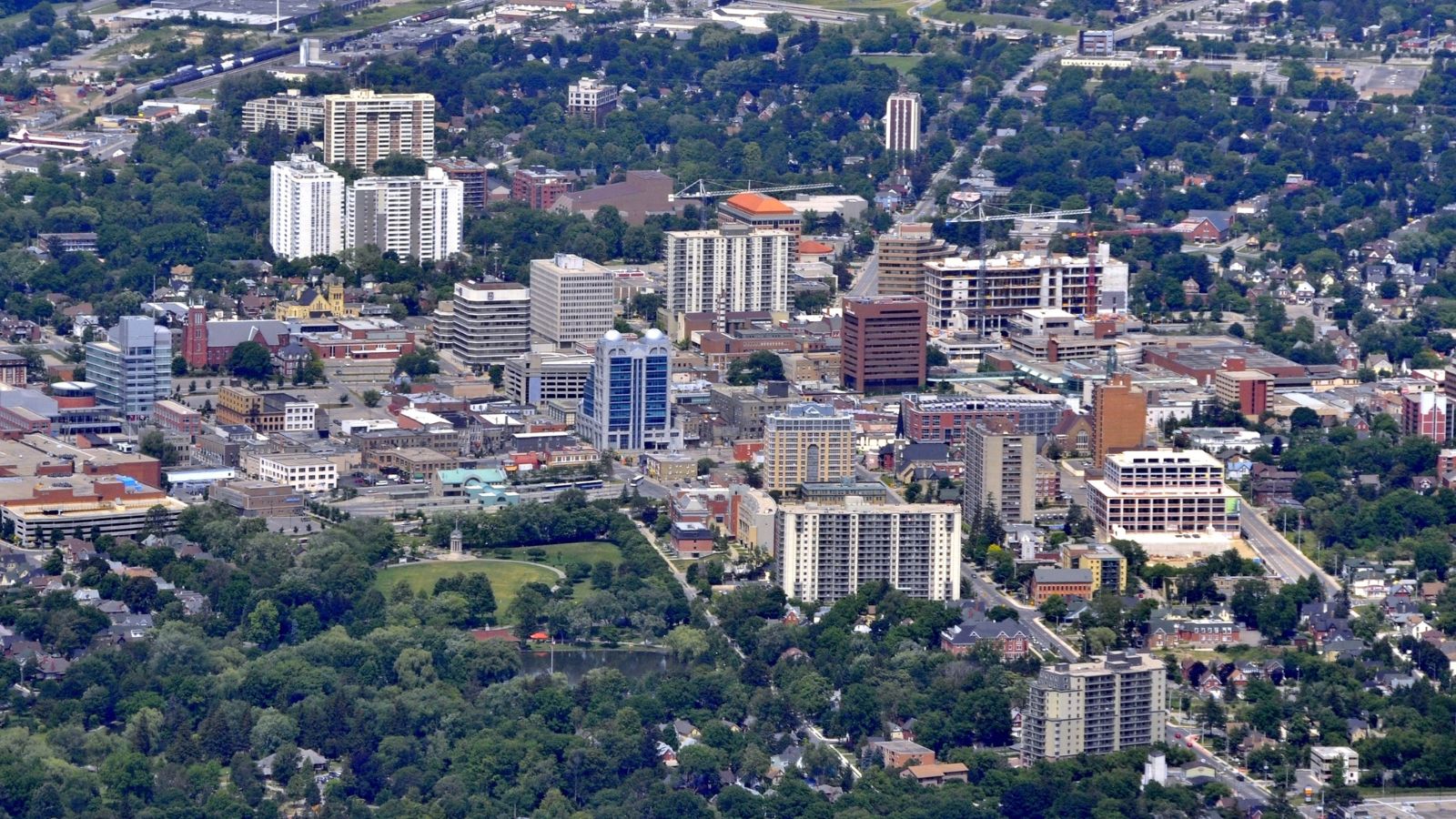
Kitchener is quickly emerging as one of Canada’s top innovation corridors, especially in the tech and startup sectors. Located within the Waterloo Region, it benefits from close ties with top universities and a thriving network of incubators and accelerators. Companies in AI, quantum computing, and robotics are choosing Kitchener for its talent pool and supportive ecosystem. The city’s redevelopment of old industrial zones into tech hubs is creating new opportunities while preserving its history.
Saskatoon, Saskatchewan
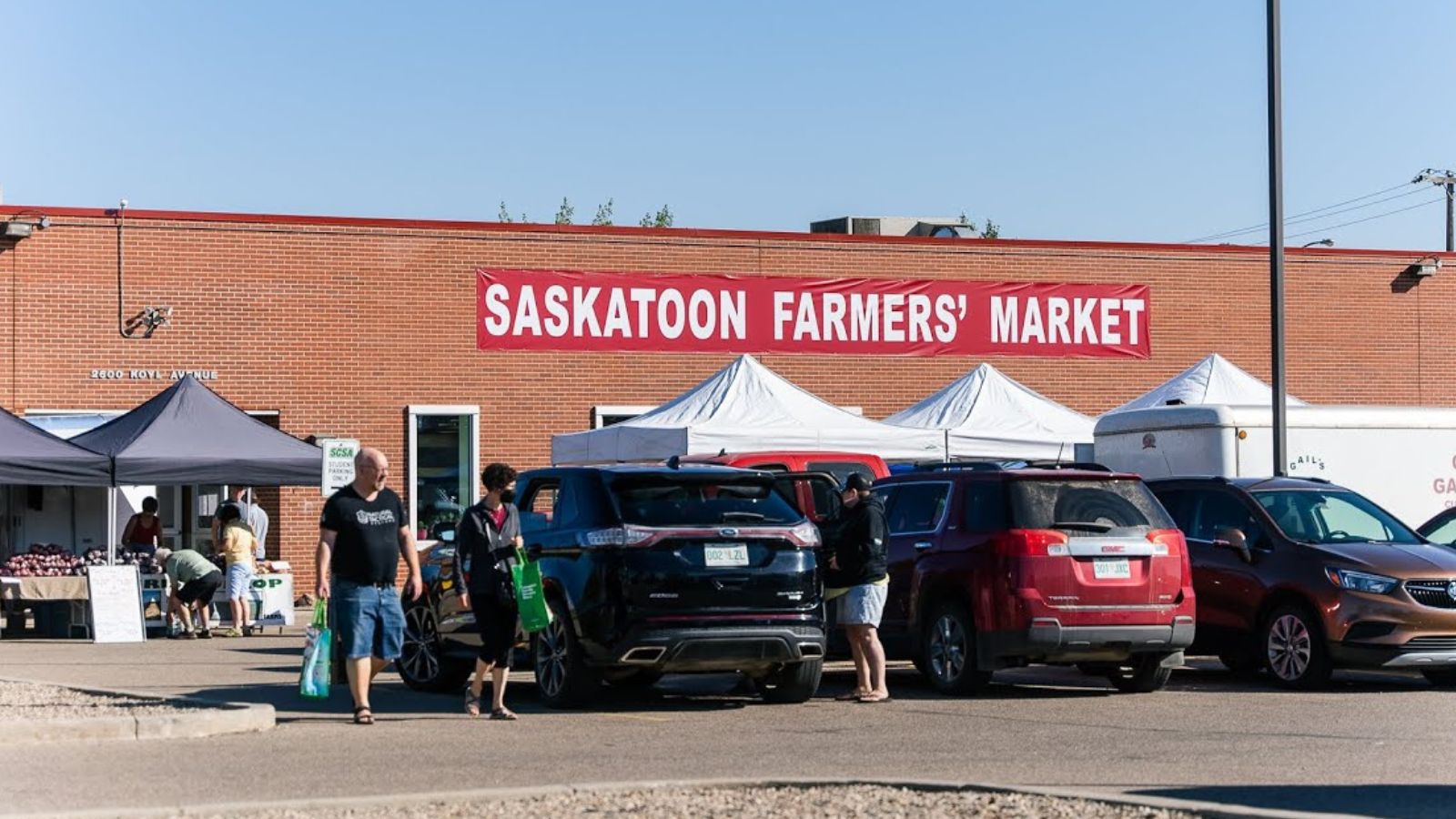
Saskatoon is quietly becoming a center for agricultural innovation and clean technology. Known as Canada’s breadbasket, it’s now leading in agri-tech, biotechnology, and sustainable farming solutions. The city is home to cutting-edge research institutions and growing partnerships between academia and industry. With an affordable cost of living and a high quality of life, Saskatoon is attracting young professionals and innovators. While many U.S. metros face rising costs and urban sprawl, Saskatoon’s balanced growth and focus on the future give it a competitive edge.
Regina, Saskatchewan
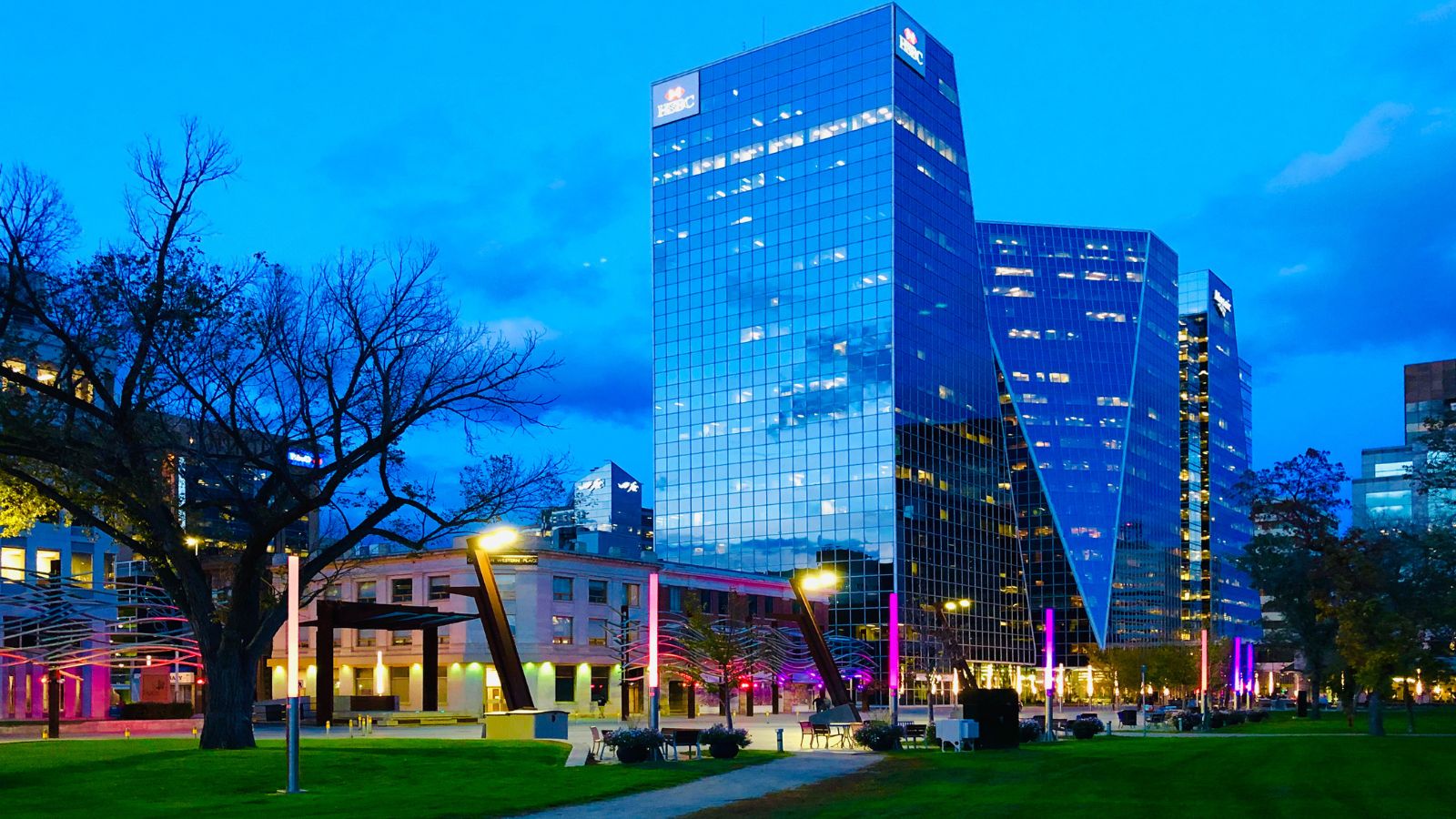
Regina is evolving into a hub for renewable energy, food processing, and logistics. Its strategic location on major transportation routes and supportive provincial policies are fueling business development. The city is investing in infrastructure and innovation while keeping housing affordable and communities connected. Regina’s emerging sectors and resilient economy are making it more appealing than several U.S. counterparts facing economic stagnation.
St. John’s, Newfoundland and Labrador
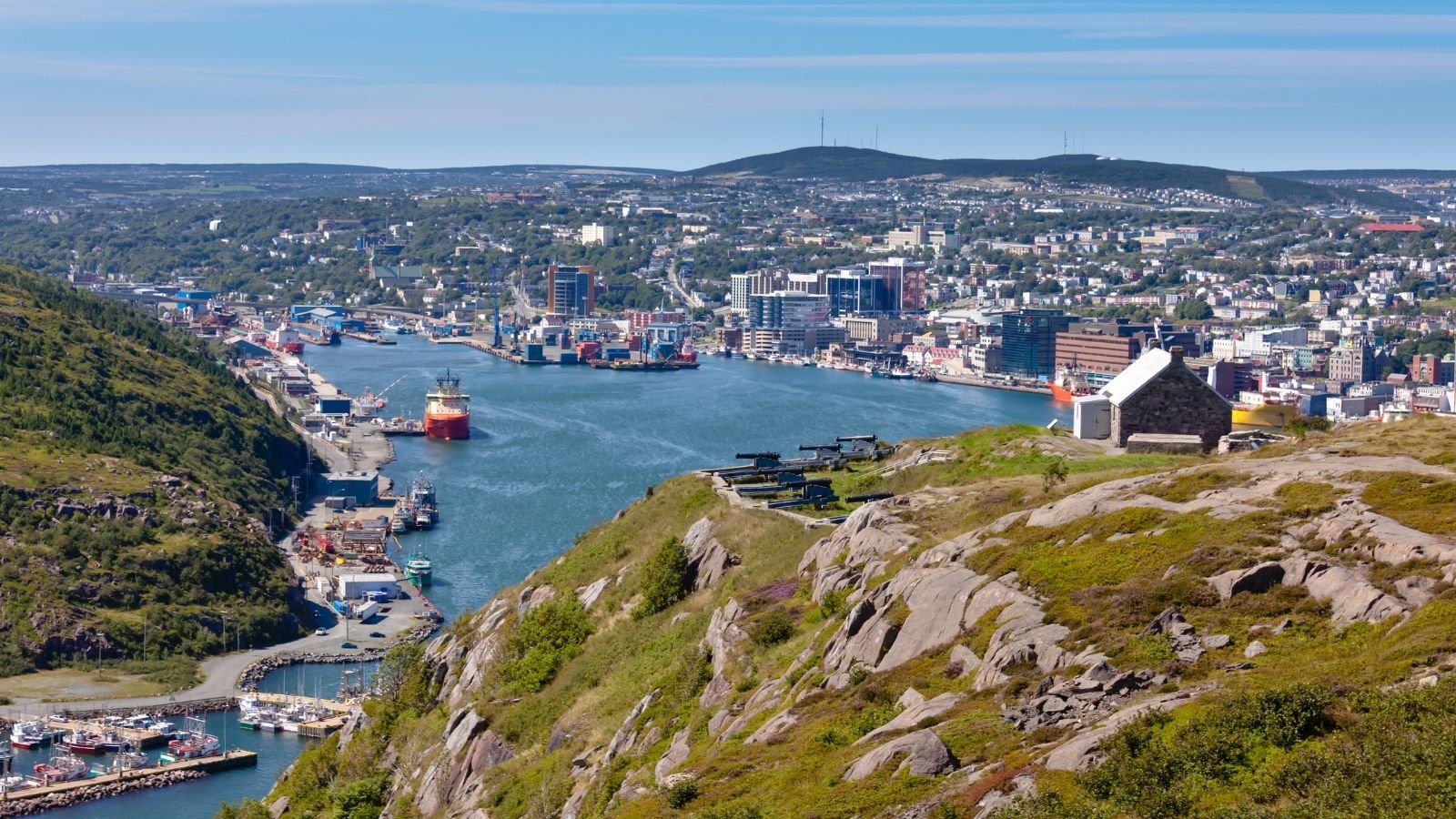
St. John’s is reinventing itself with a focus on ocean tech, energy innovation, and tourism. The city’s location at the edge of the Atlantic positions it as a leader in marine research and offshore technology. Startups and researchers are developing solutions in ocean monitoring, fisheries, and clean energy. Despite its remote geography, St. John’s vibrant culture and strong academic ties make it a thriving innovation center. Compared to U.S. coastal cities struggling with overdevelopment, St. John’s is keeping growth smart and sustainable.
Laval, Quebec
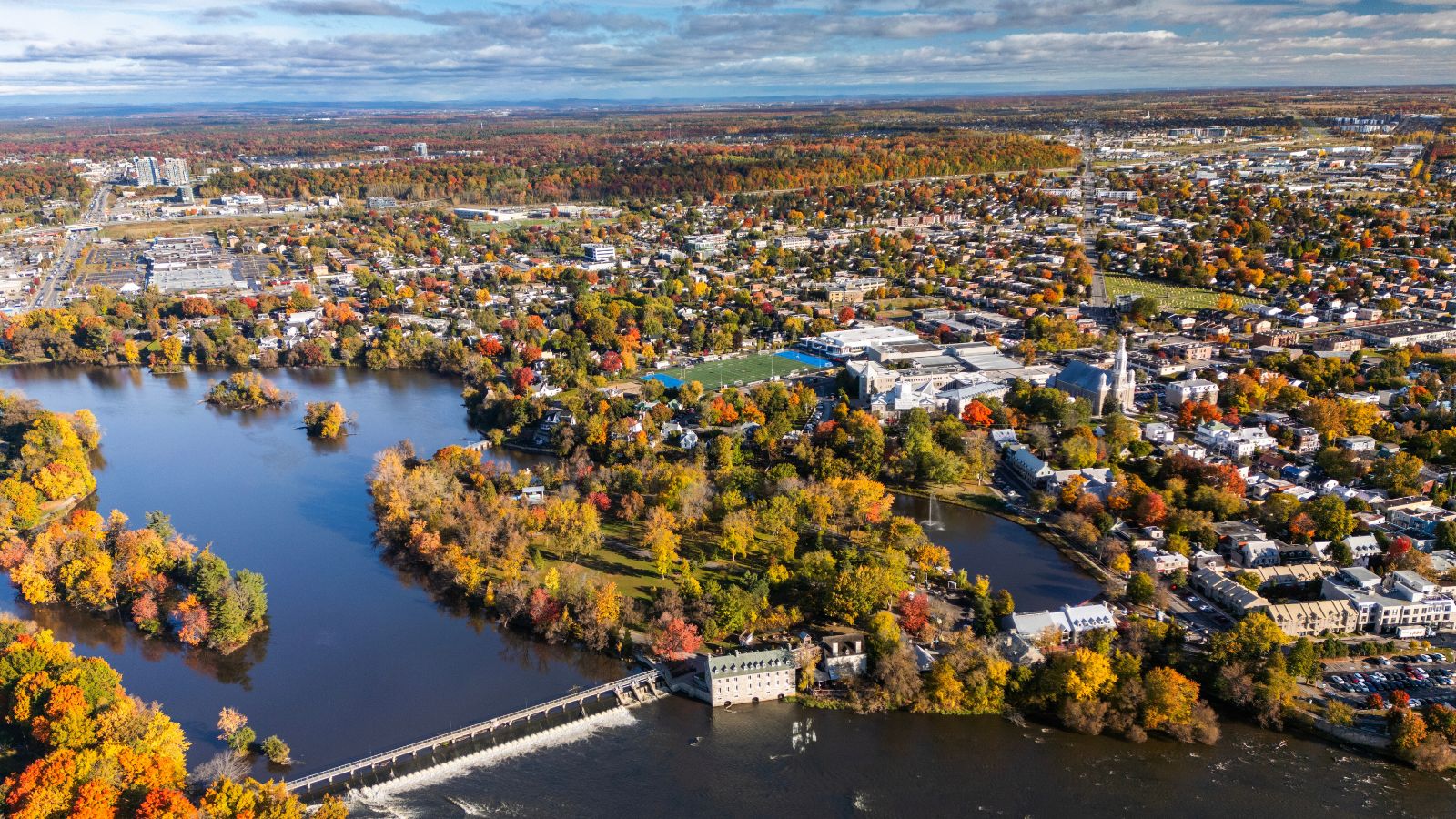
Laval is emerging as a technology and life sciences powerhouse just outside Montreal. With major investments in biotech, pharmaceuticals, and advanced manufacturing, Laval is drawing global attention. The city’s innovation zones and business incubators offer startups a strong launchpad. Laval’s transport links, lower costs, and skilled workforce are giving it an edge over expensive and congested U.S. metros. As Laval continues growing smartly, it’s becoming a model for suburban transformation into globally competitive economies.
Gatineau, Quebec
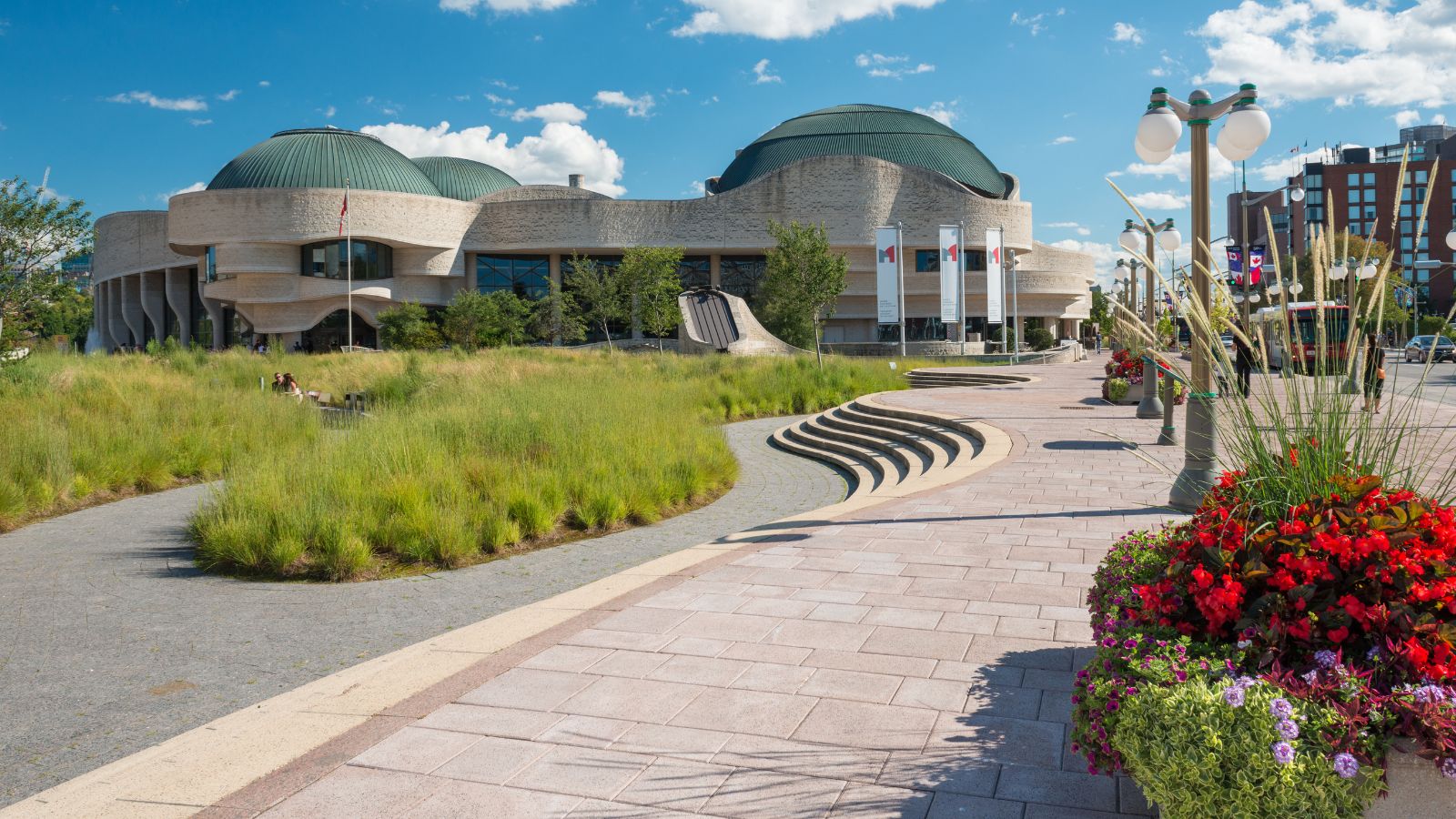
Gatineau is growing fast as a center for public administration, tech, and culture. Located just across the river from Ottawa, it benefits from federal investments while maintaining its own distinct economy. The city’s affordable housing, bilingual workforce, and improving transit systems are drawing more families and professionals. Gatineau’s focus on green spaces and smart urban planning puts it ahead of many U.S. metros dealing with congestion and affordability issues.
Brampton, Ontario
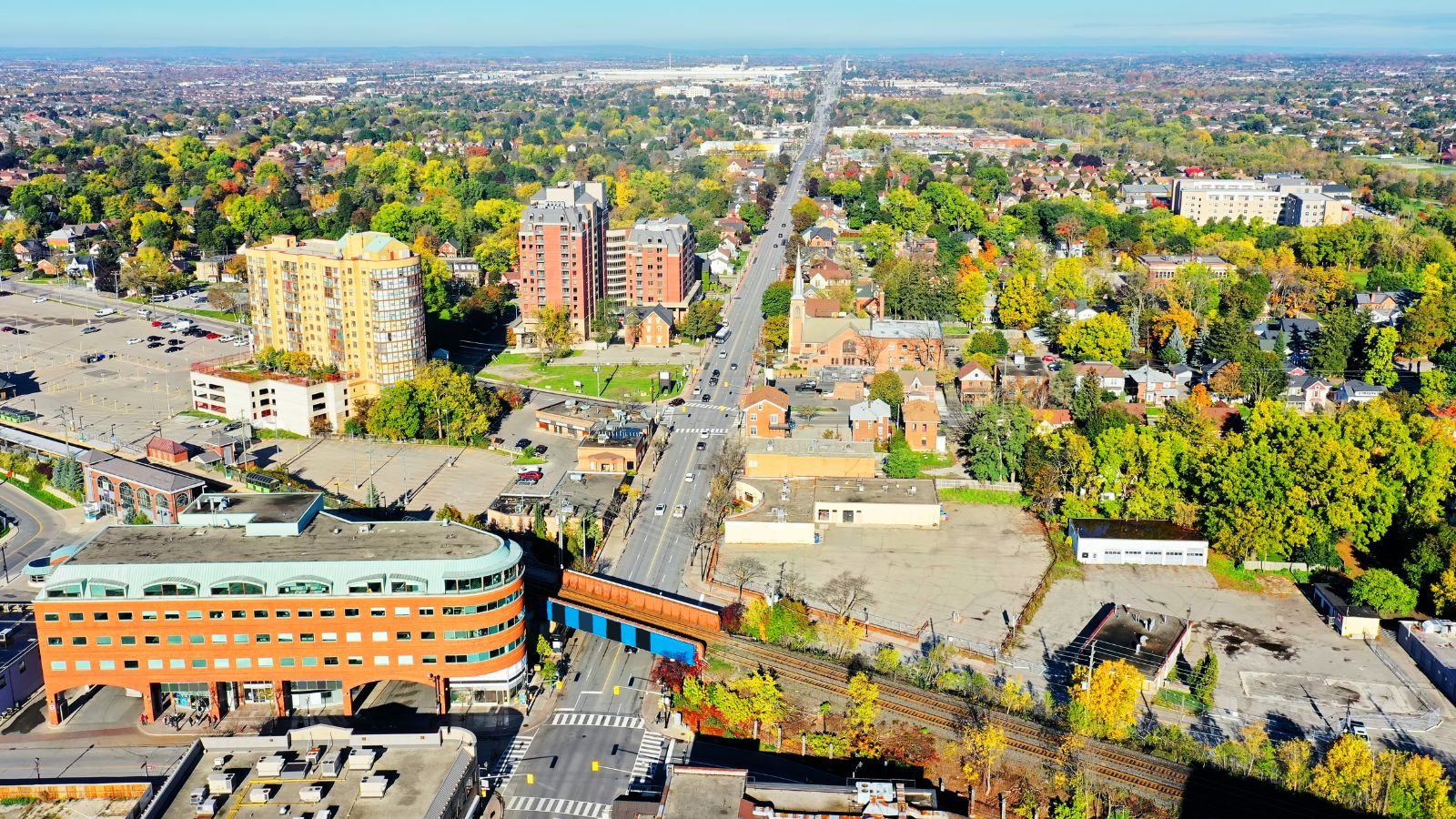
Brampton is quickly becoming a magnet for innovation and entrepreneurship. With a young, diverse population and major investments in healthcare, education, and smart city tech, Brampton is stepping into the spotlight. It’s part of the Toronto metro area but has built its own identity around growth and modernization. Compared to many American suburbs facing decline or stagnation, Brampton is thriving. Its rise in logistics, cybersecurity, and life sciences is helping it outpace even some U.S. metro centers.
Surrey, British Columbia

Surrey is one of Canada’s fastest-growing cities and is transforming into a hub for technology, health innovation, and green development. With a large student population, rising infrastructure projects, and a focus on sustainability, Surrey is outpacing many U.S. counterparts. Its location near Vancouver offers strategic advantages without the high costs of bigger cities. As Surrey builds smart neighborhoods and invests in clean industries, it is setting a strong example of future-ready urban growth.
21 Products Canadians Should Stockpile Before Tariffs Hit

If trade tensions escalate between Canada and the U.S., everyday essentials can suddenly disappear or skyrocket in price. Products like pantry basics and tech must-haves that depend on are deeply tied to cross-border supply chains and are likely to face various kinds of disruptions
21 Products Canadians Should Stockpile Before Tariffs Hit
